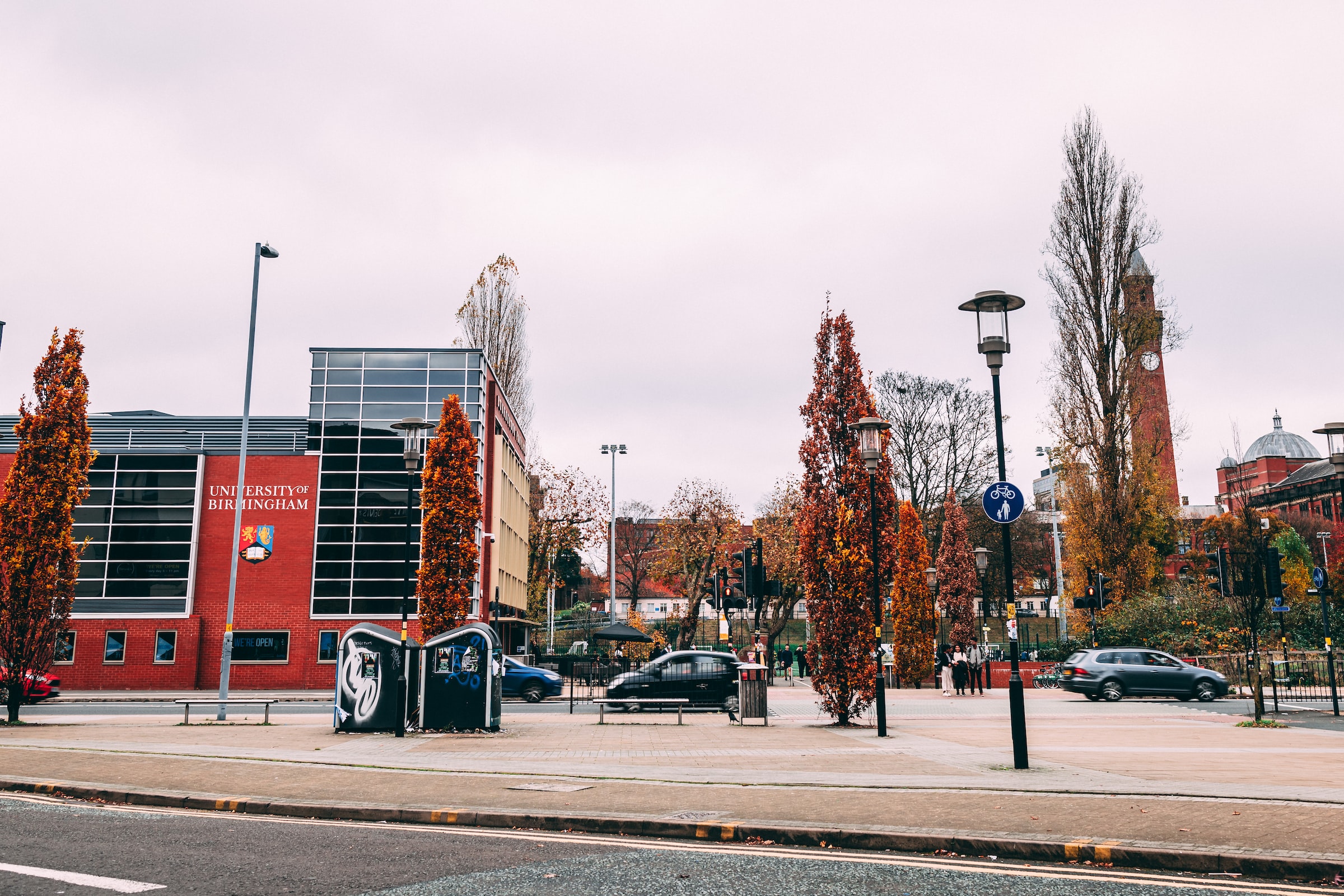
Comment Writer Tom Denham discusses Prime Minister Johnson’s reluctant first u-turn and the potential of a newfound appreciation for migrant workers following the pandemic
Following Prime Minister Johnson’s reluctant first political u-turn, the NHS surcharge has been dropped for migrant workers. But will a post-pandemic Britain show a newfound appreciation for migrant key workers?
In an interview earlier this year, the BBC’s Chris Mason disparaged the journalistic phrase ‘U-turn’, claiming that it portrayed a politician’s or government’s willingness to change its mind in a negative way. However, in the case of Boris Johnson’s decision to scrap the NHS surcharge for migrant workers, the phrase ‘U-turn’ is more than appropriate, not least because of the great pressure, both political and public, which forced him to make such a quick decision.
In what Labour Leader Keir Starmer called a ‘victory for common decency’, the UK government has relieved migrant NHS staff, many of whom have been on the frontlines in battling the coronavirus, from the current surcharge (standing at £400, but to be raised to £624 in October). Not only does this retraction cover migrant doctors, nurses and paramedics, but also health workers, cleaners and those in the independent sector. Such is the conclusion of what has been an almost month-long debate over the NHS surcharge, only to be enhanced by the current pandemic crisis. For better or worse, the NHS has been the focal-point of the UK coronavirus narrative: controversies surrounding the shortage of PPE for NHS staff; worries concerning overwhelming hospitals and breaching capacities; and, most importantly, the public evaluation of NHS workers and how such appreciation is reflected politically and financially.
For better or worse, the NHS has been the focal-point of the UK Coronavirus narrative
With this in mind, it is no wonder that there was a public outcry when Boris Johnson argued that the surcharge was absolutely necessary for the funding of the NHS. On Wednesday’s PMQs, the Prime Minister claimed the fee would provide an estimated £900 million for the funding of the NHS. However, similarly to other recent inconsistencies, tweaks, or plain inaccuracies in the government figures regarding the NHS and coronavirus, statistics from the House of Commons Library revealed that £917m was raised over four years from all migrants paying the surcharge. It is perhaps surprising that Johnson offered a financial justification for what feels like a very personal issue regarding the public’s gratitude and indebtedness to migrant NHS staff. According to government statistics, coronavirus has claimed the lives of 181 health service and 131 care staff so far, many of whom have been posthumously celebrated and thanked across the media.
And so, why was it that Johnson thought it justifiable in the first place to charge migrant workers who have been tirelessly working to protect the British public’s health? Did he not predict how poorly this policy would come across? If not, the Prime Minister must have had his hands firmly clamped over his ears, for not only was he under pressure from the Labour opposition and the public to revert the policy, but even fellow Tory backbench MPs and peers – most notably the ex-health-secretary Jeremy Hunt. After the 180 on the policy, one Tory MP, Robert Halfon, proclaimed: ‘It was just unpalatable to the British people. I welcome that the prime minister has listened. This raises a much bigger issue, and if there’s any silver lining to Covid-19, I hope this means a relentless focus on how we can help the low-paid.’
The government’s position on migrant workers is arguably problematic, especially in the wake of the pandemic
Following the new post-Brexit immigration policies announced earlier this month by Home Secretary Priti Patel, the government’s position on migrant workers is arguably problematic, especially in the wake of the pandemic. The immigration slogan, ‘We’re ending free movement to open Britain up to the world’, seems at best unconvincing, at worst illogical. As a country which still lives quite ignorantly in the shadow of its former empire, and whose first-world position was built on the exploitation of the relatives of third-world populations, it seems that we are pushing away the people who we are, especially at this time, greatly indebted to.
Amongst the chaos surrounding faulty track and trace apps and confusion over ‘stay alert’ (now ‘stay local’) messaging, it seems that Boris Johnson is still worryingly out of touch with the public sentiment concerning the NHS and its workers. This decision is seemingly less of a change of heart, but more a twist of the arm. One can only share in Halfon’s hope that, in a near-distant post-pandemic UK, we re-evaluate the position of migrant workers in our communities and wider society. Our words of thanks for NHS migrant workers must be translated into financial and political terms; they, above many, deserve social security after this storm passes.
______________________________________________________________________
Check out some other Comment articles relating to the NHS:
Fundraising for the NHS: Praiseworthy or Problematic?

Comments